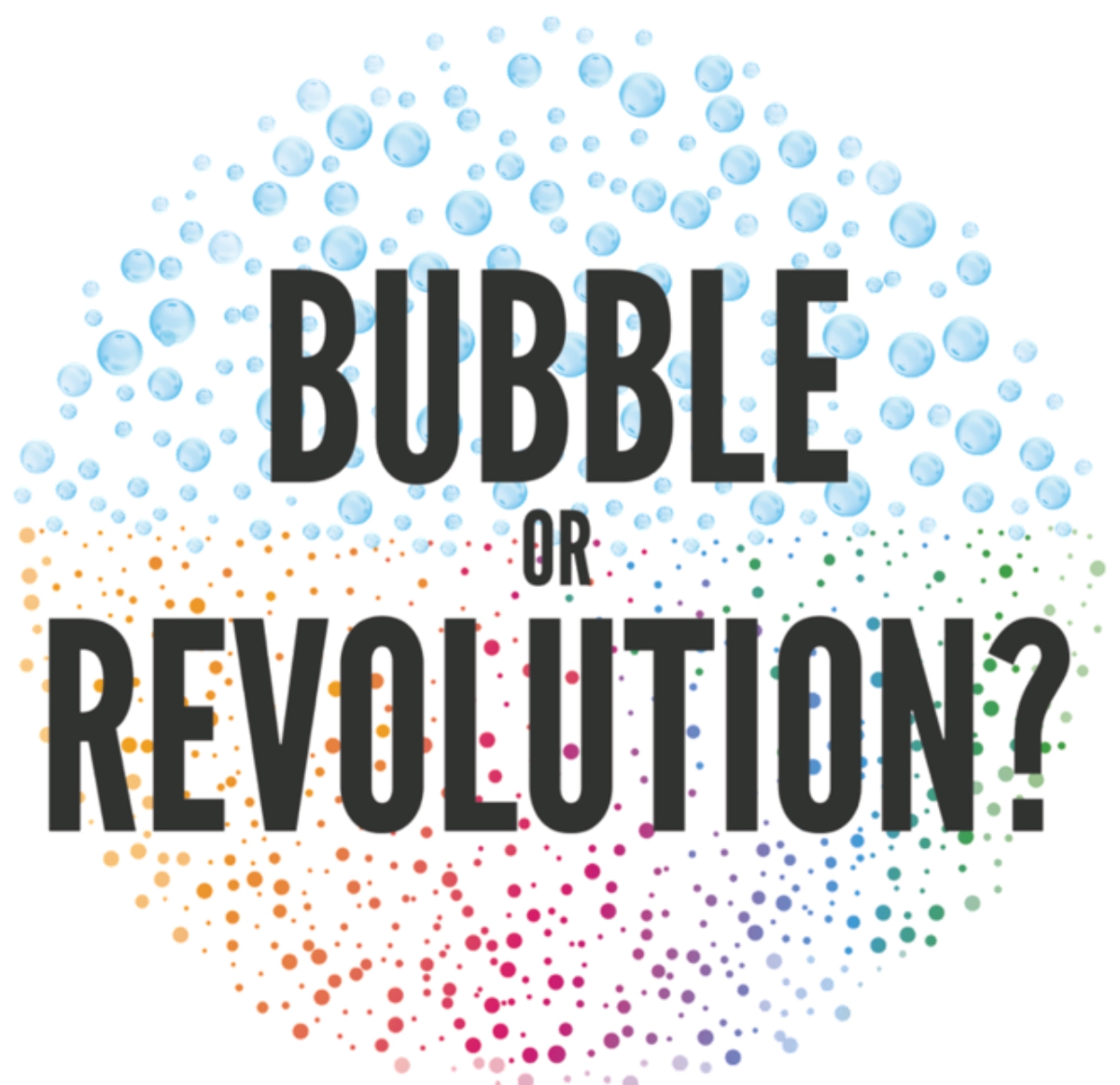The Present and Future of Blockchain and Cryptocurrencies
Neel Mehta
Aditya Agashe
Parth Detroja
Bubble or Revolution?
Copyright 2021, 2020, 2019 Paravane Ventures
Published by Paravane Ventures
bubbleorrevolution.com
2 nd Edition, 2 nd Revision (February 2021)
All rights reserved. This book or any portion thereof may not be reproduced or used in any manner whatsoever without the express written permission of the publisher except for the use of brief quotations in a book review.
The information contained herein is for educational and entertainment purposes only. Every attempt has been made to provide accurate, up-to-date, reliable, and complete information. No warranties of any kind are expressed or implied. Readers acknowledge that the authors are not engaging in the rendering of legal, financial, medical, or professional advice.
By reading this document, the reader agrees that under no circumstances are we responsible for any losses, direct or indirect, which are incurred as a result of the use of information contained within this document, including, but not limited to, errors, omissions, or inaccuracies.
All opinions expressed herein are solely the views of the authors and not those of their employers.
ISBN-13: 978-0-578-52815-1
To my friends and family, for supporting me no matter how crazy my dreams get Neel
To my family and friends, thanks for supporting my passion for business and helping me push past my fears to embrace entrepreneurship Adi
To my friends and family for their never-ending support in my seemingly ridiculous endeavors Parth
Contents
Introduction
Bitcoin is a tool for freeing humanity from oligarchs and tyrants, dressed up as a get-rich-quick scheme.
Naval Ravikant, founder of AngelList
Bitcoin is probably rat poison squared.
Warren Buffett, CEO of Berkshire Hathaway
T he year was 2017, and the United Nations had a problem. Because of Syrias bloody civil war, ten thousand Syrian refugees had fled to a refugee camp in neighboring Jordan.
The problem was that just giving refugees prepaid credit cards wouldnt work. This approach had cost the WFP millions in the past due to transaction fees and the need to build partnerships with local banks money that could have gone toward millions of meals.
So the WFP turned to a fledgling technology called the blockchain , most famous for being the technology behind the digital currency Bitcoin. Each refugees account was credited with some money, and when a refugee went to a store, theyd verify their identities with an iris scanner and then redeem these credits for food and supplies all without opening their wallets.
This project, called Building Blocks, was a smashing success. It slashed money-transfer fees by 98%,
The benefits to the UN go beyond aid: the UN announced that it might one day be able to track refugees identities and life history using the blockchain, thus helping refugees find jobs and loans in new countries if their passports or educational records were destroyed.
People around the globe have been incredibly excited about the blockchain and its sister technology, cryptocurrencies (such as the aforementioned Bitcoin). The Harvard Business Review wondered if the blockchain could upend the staid banking industry,
On the other hand, these mysterious new technologies have also earned a sinister reputation. Drug lords use Bitcoin to peddle drugs anonymously online,
So whats true? Are blockchain and cryptocurrencies a hype-fueled bubble, technologies with no legitimate use cases? Or are they revolutionary inventions that will remake governments, businesses, economies, and societies in their image? In other words: bubble or revolution?
The goal
As the above stories show, blockchain and cryptocurrencies collectively known as crypto are among the most consequential and yet least understood new technologies of our time. Most public conversations about crypto are dominated by enthusiasts saying crypto will tear down banks and governments and pundits saying crypto is nothing but a scam. Not many people pause to break down how exactly these technologies work and what real potential they have.
In Bubble or Revolution , we want to change that. Through real-world examples, plain-English explanations, and unbiased analyses, we want to teach you how crypto works, where its useful, and where it isnt. Well tell you what we think of the bubble-or-revolution debate, but well also give you the tools youll need to decide for yourself.
Whats inside
In Bubble or Revolution , youll learn about the building blocks of blockchains and cryptocurrencies; explore their strengths and weaknesses using case studies; dive deep into their social, political, economic, and technical implications; and gain insight into their futures from our exclusive interviews with dozens of tech industry leaders.
Just a handful of the things well cover:
The economics of Bitcoin mining
Famous cryptocurrency hacks and flaws
Xboxs blockchain for video games
The SECs regulation of crypto startups
Currency tokenization and the future of money
Our first book
When the three of us wrote the business bestseller Swipe to Unlock: The Primer on Technology and Business Strategy , we aimed to teach readers everything theyd need to know about the tech world, from the guts of Googles search algorithm to Facebooks high-level business strategies.
Each section in Swipe to Unlock is a real-world case study, posing a question you might have had yourself how Spotify recommends songs, how self-driving cars work, and why Amazon offers free shipping even though it loses them money. We covered a wide range of technologies, from security to cloud computing to machine learning.
But since we wrote Swipe to Unlock , cryptocurrencies and blockchains have exploded into the public consciousness in a way that few other technologies have. Its essential that technologists, entrepreneurs, business leaders, and even casual observers understand these technologies so we decided to write a book about them.
This book will be a deep dive into one key pillar of technology; if youd like to gain a broader understanding of the tech landscape, frameworks for understanding tech business strategy, and a mental toolkit for evaluating new technologies, you might want to give Swipe to Unlock a read as well. Check it out at swipetounlock.com or find it on Amazon.
Who we are
Before we jump in, heres a bit more about us.
Neel Mehta is a product manager at Google and formerly worked at Microsoft and the U.S. government, where he created the federal governments first technology internship program.
Adi Agashe is a product manager at Microsoft and formerly the founder and CEO of Belle Applications.
Parth Detroja is a product manager at Facebook and formerly worked in product and marketing roles at Microsoft, Amazon, and IBM.
Thank you
Thank you again for choosing to read Bubble or Revolution ! We hope you find this book informative, interesting, and maybe even fun. From all of us enjoy!
Neel Mehta
namehta.com
linkedin.com/in/neel-a-mehta


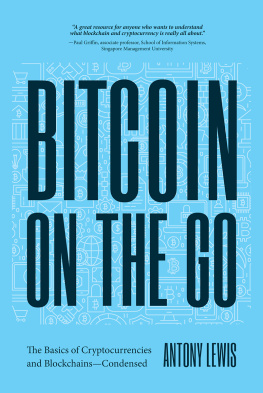
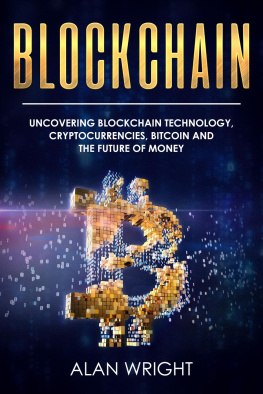
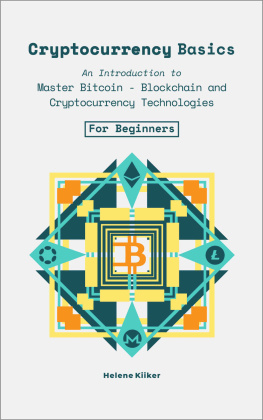
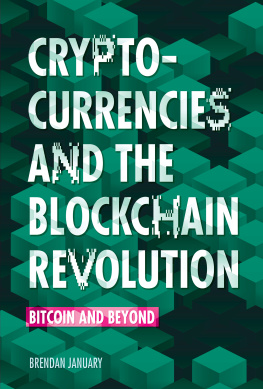
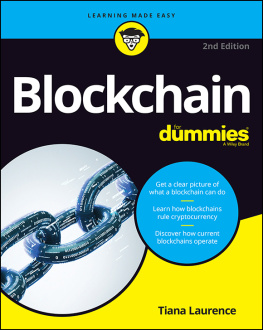
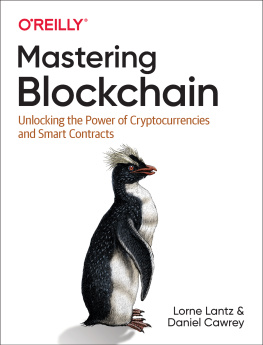
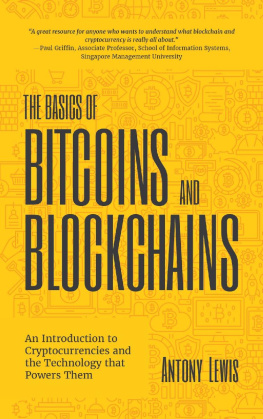
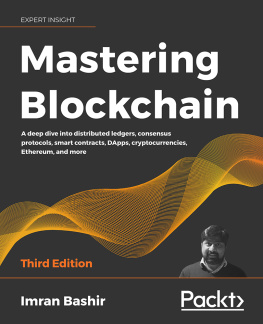
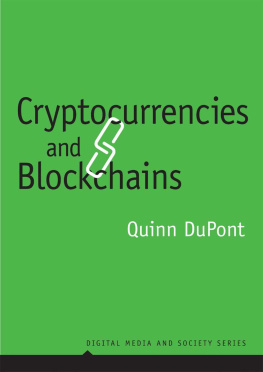
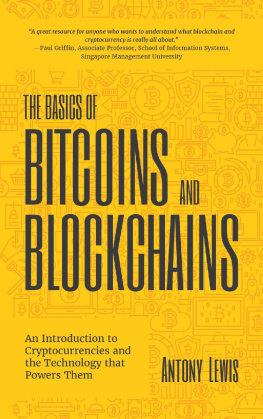
![Arvind Matharu [Arvind Matharu] - Understanding Cryptocurrencies](/uploads/posts/book/119680/thumbs/arvind-matharu-arvind-matharu-understanding.jpg)
